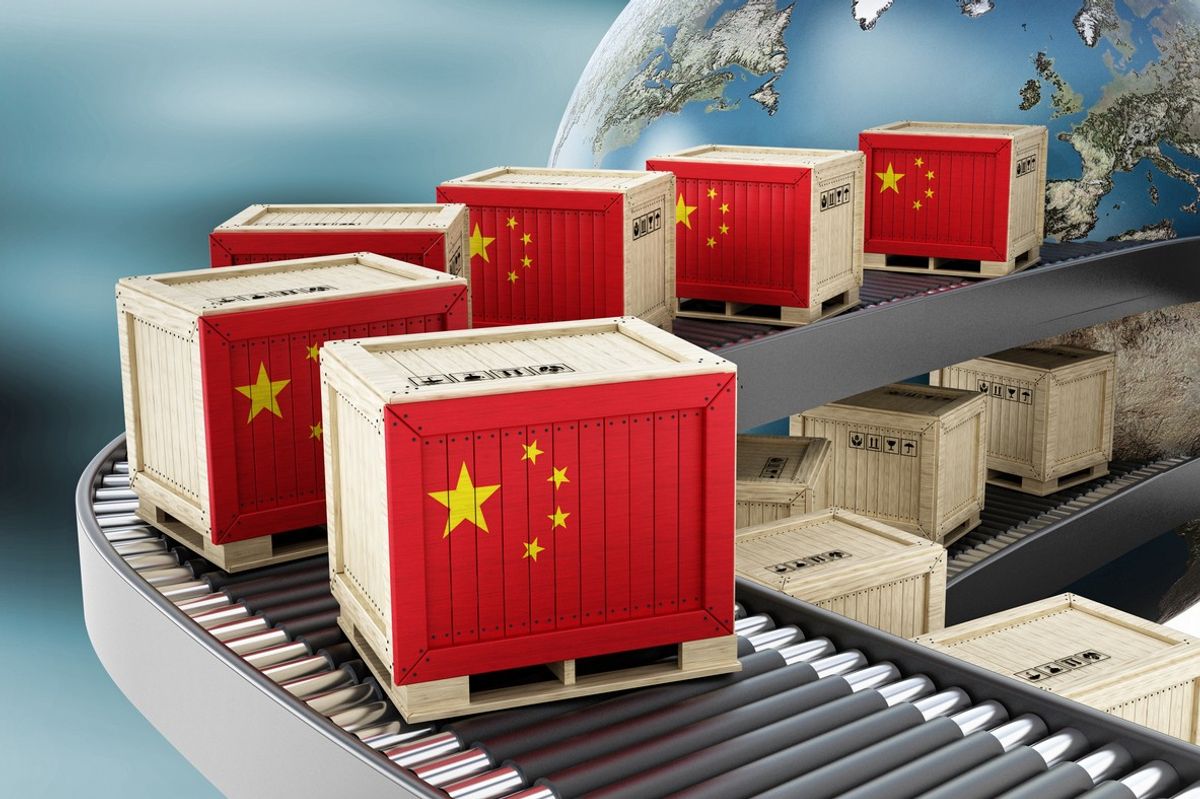In recent weeks, we’ve seen significant disruption in global trade patterns following US president Donald Trump’s implementation of higher tariffs on Chinese imports to the United States. The critical question is whether this influx of Chinese goods represents an opportunity or a threat.
The evidence suggests we’re facing a concerning scenario. Both Alex Baldock of Currys and Nick Glynne of Buy It Direct have reported seeing early signs of Chinese stock being diverted to European markets in what Baldock described as “a straightforward dumping way.”
For independent retailers, already battling online markets, this represents a perfect storm. The flood of Chinese products was problematic even before the US tariffs. Now the UK risks becoming the dumping ground of choice, particularly through Temu, Shein, Alibaba, and Amazon Marketplace.
The core issue isn’t merely the volume of goods but the fundamentally uneven playing field. Our current duty de-minimis threshold of £135 means billions of products enter the country duty-free each year. These items not only avoid import duties but frequently circumvent VAT obligations as well.
Some might argue that consumers benefit from these lower prices. While this may appear true in the short term, the long-term consequences paint a bleaker picture. As independent retailers face this additional pressure, more high street shops will close. The saving on a cheap Chinese import becomes an illusion when measured against the cost to our communities.
For UK manufacturers, the outlook is equally concerning, as they face the prospect of competing against products dumped at artificially low prices. This isn’t fair competition – it’s market distortion that threatens jobs and businesses.
What should be done? The answer is clear. First, the government must remove the de-minimis threshold entirely, ensuring all imported goods face the same duty requirements. Second, authorities must enforce VAT regulations to prevent tax avoidance that gives online an unfair advantage. Third, we need stronger enforcement of safety standards on all imported products.

For independent retailers, adaptation remains critical. Emphasising personal service, expertise, and community connection – qualities that online marketplaces cannot replicate – will be more important than ever. At Bira, we’re working to support our members through these challenging times, providing guidance on differentiation strategies and continuing to lobby for a fairer trading environment.
The diversion of Chinese goods from US markets to the UK following Trump’s tariffs isn’t merely an economic footnote – it’s a critical challenge that demands immediate attention.
Our message is simple – the government must act now and preserve the vital role independent retailers play in communities across Britain.

